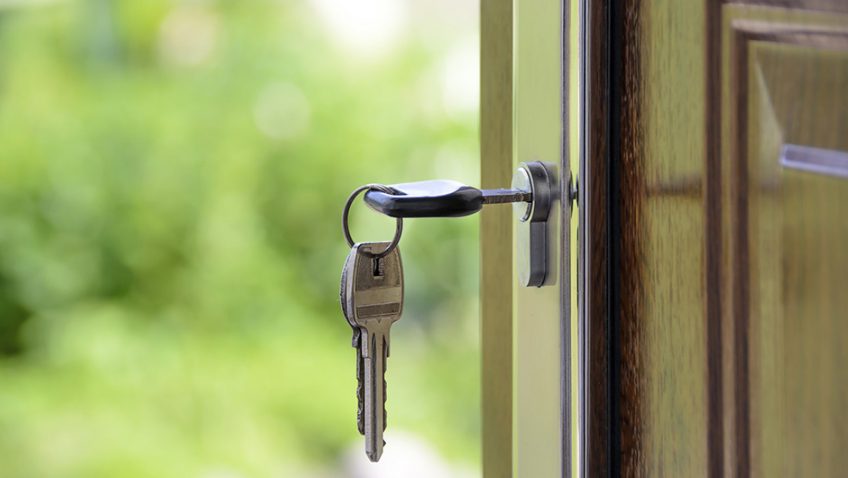Older people in private rented accommodation are “invisible” in policy decisions on housing and age-related issues, says a new report launched by Independent Age, the older people’s charity.
One in 10 of all private rented households are occupied by older people, an estimated half a million people. Over the next 20 years, it is projected that the number of older households living in private rented accommodation will increase by around two-thirds, from 338,000 households to around 549,000. Many older people who rent have done so all their lives. Older private renters are disproportionately more likely to move than older people in other household tenures, with more than three-quarters moving to another privately rented home or to social housing.
Damp conditions
Other findings from the report, titled Unsuitable, insecure and substandard homes: The barriers faced by older private renters, were that twice as many private renters aged 65 and over say they have cold and damp in their homes compared to older homeowners or social renters and more than one in four older private renters say they sometimes or often have too little money, with one in seven saying they don’t go out socially because they can’t afford it.
What’s more, one third of private renters aged 65 and over are living below the poverty threshold after they have paid their rent, with poverty levels higher among private renters than older people in other housing situations.
Another added cost is adaptations to homes; older private renters are more likely to have paid for these themselves, with almost two in five having done this. Just one in 12 said their landlord paid for adaptations, compared to one third of social renters.
Invisible
Janet Morrison, Chief Executive of Independent Age, says, “Life as an older person in private rented accommodation can be unstable and financially insecure, yet they are often invisible in thinking about housing. Older private renters face a delicate balancing act of rising rents on a low fixed income, the unnerving possibility of being forced out of their home at short notice, dealing with unscrupulous landlords, and the fact that their home may not even be suitable for their needs. They may also lack the emotional and familial support needed for this.
“It is shameful that a third are already living below the poverty threshold. Government and local authorities must ensure that renters of all ages have a safety net to prevent them being forced into poverty, and that they have recourse to challenge landlords when they feel that they are being poorly treated.”
Older private renters are being let down by policy makers; there is a clear need for review and investment in order to meet the needs of our ageing population.





